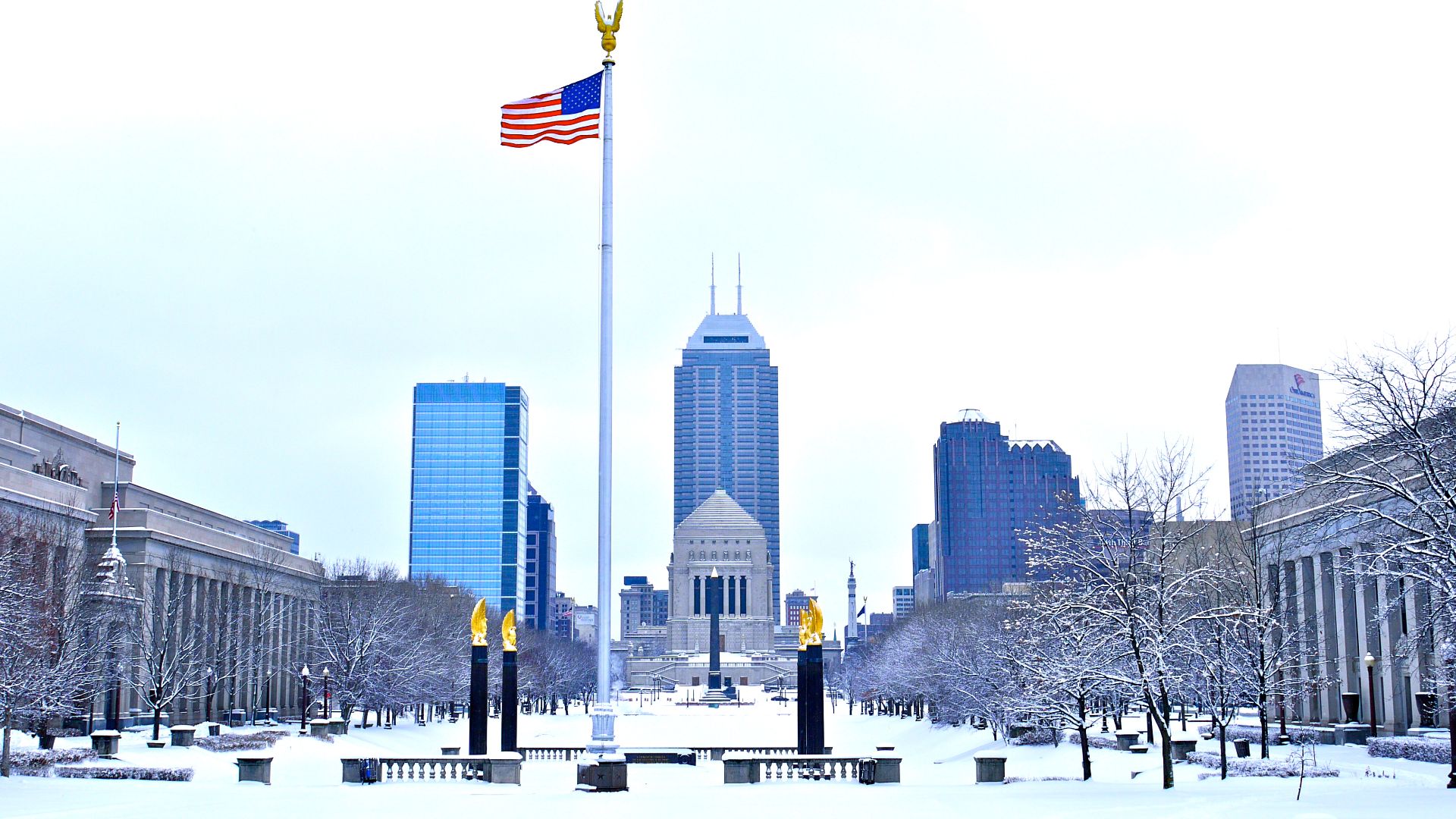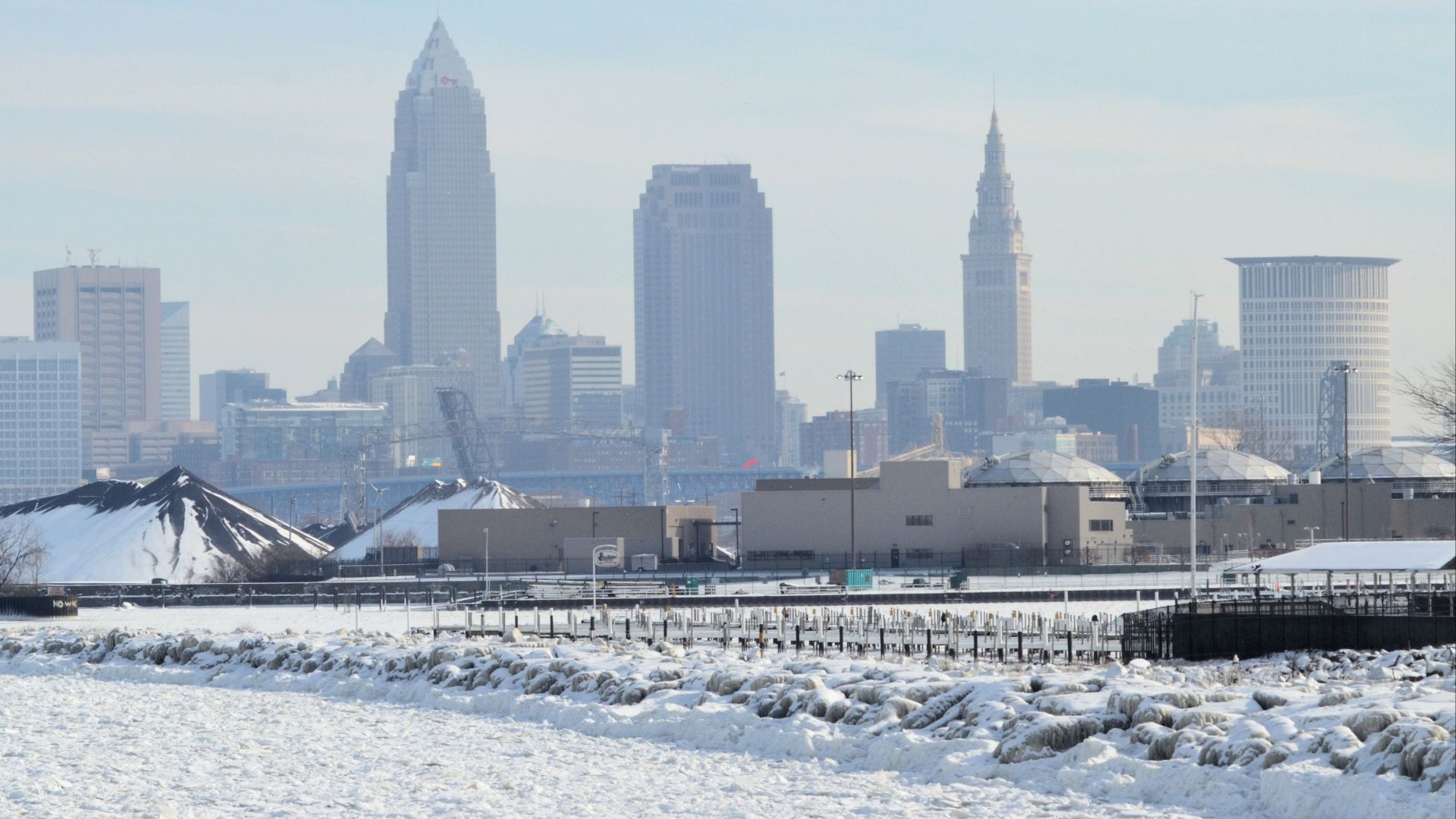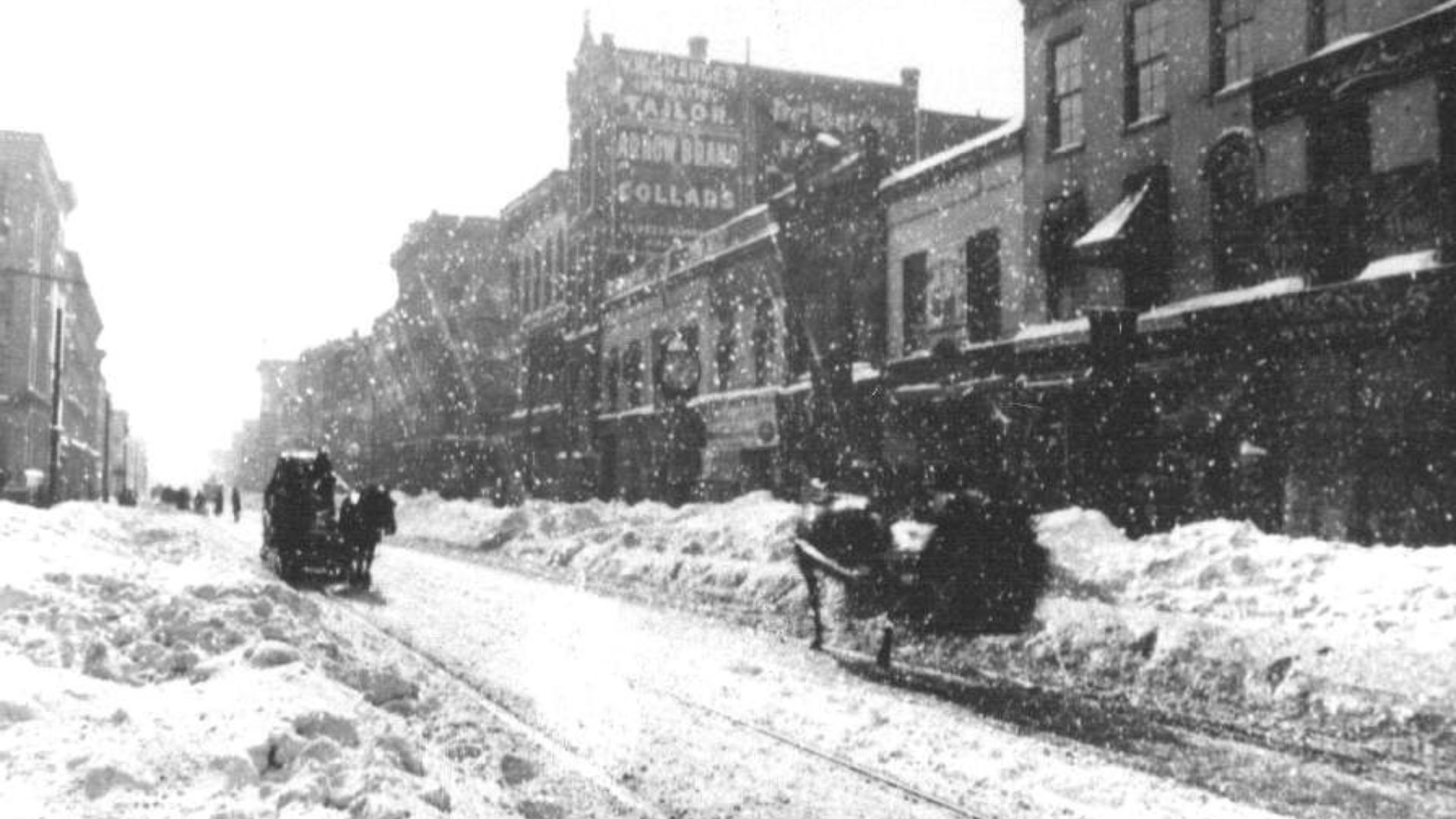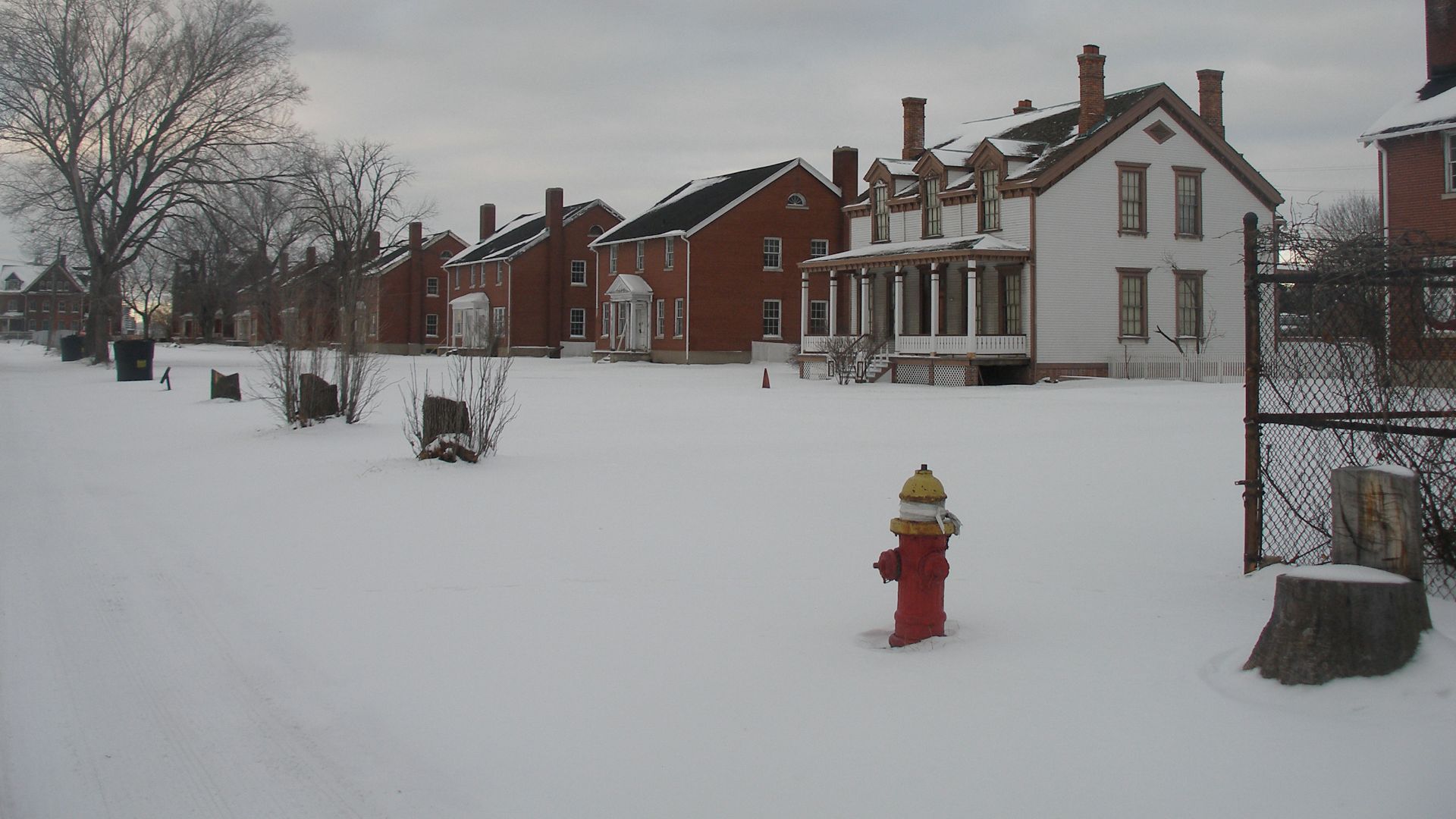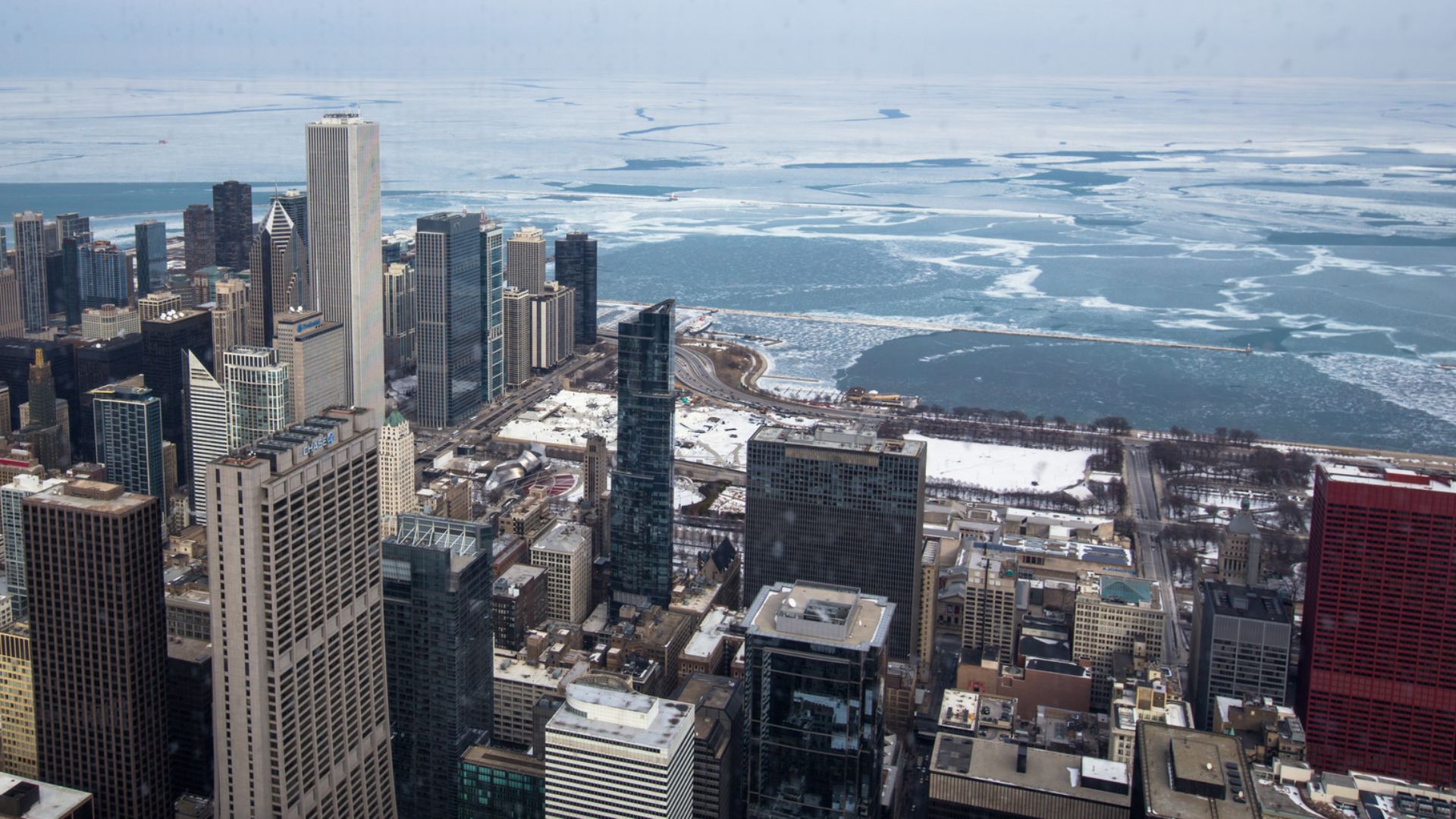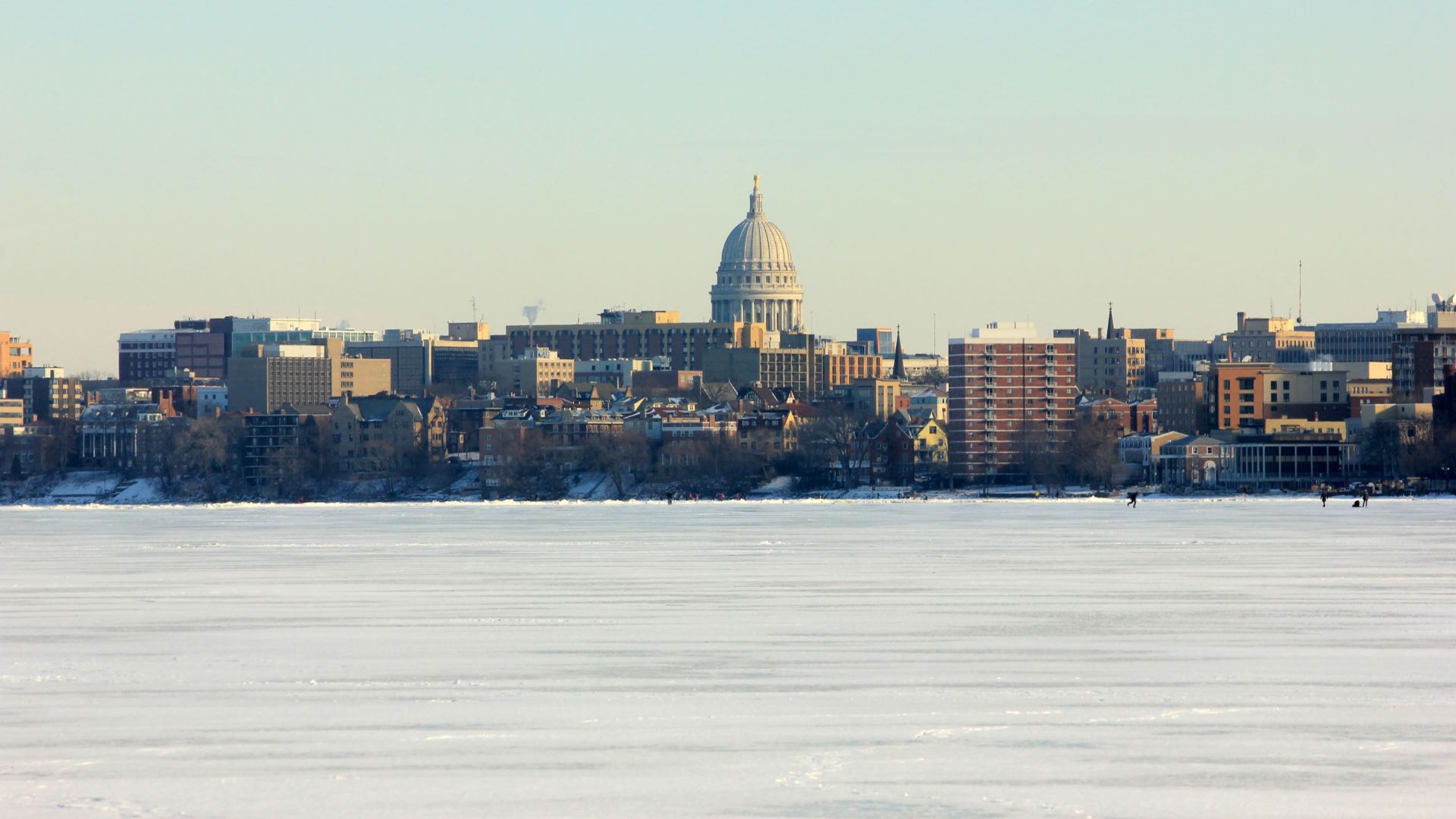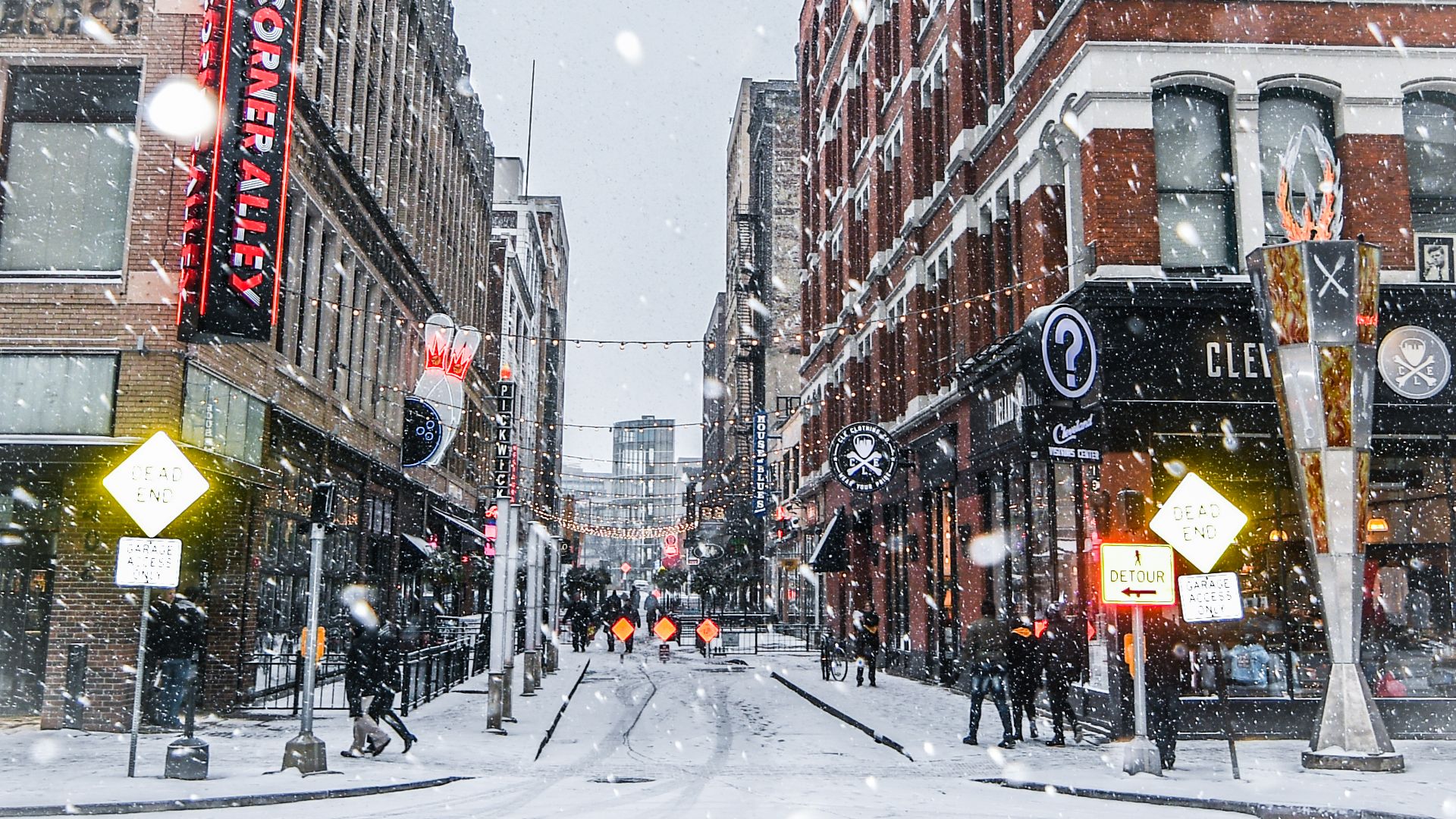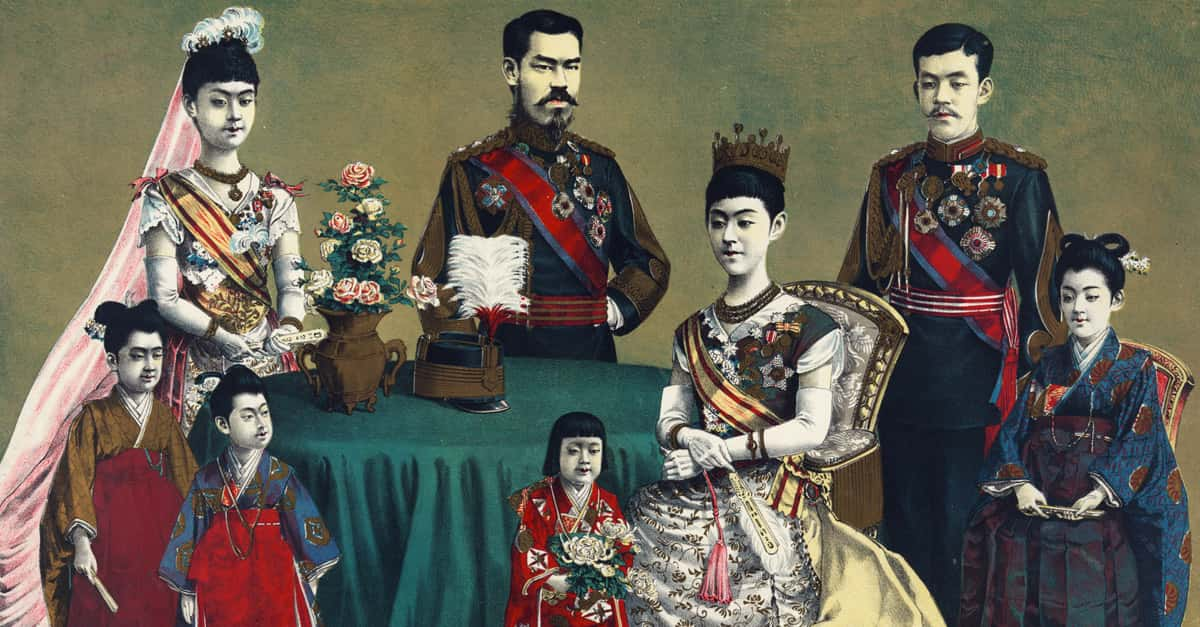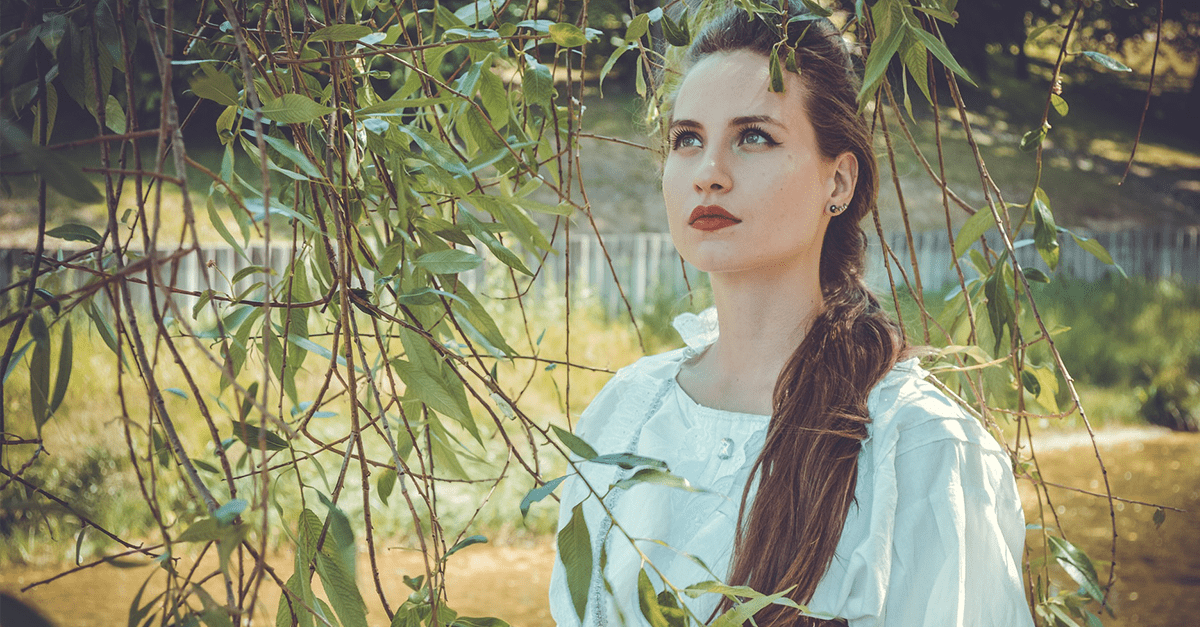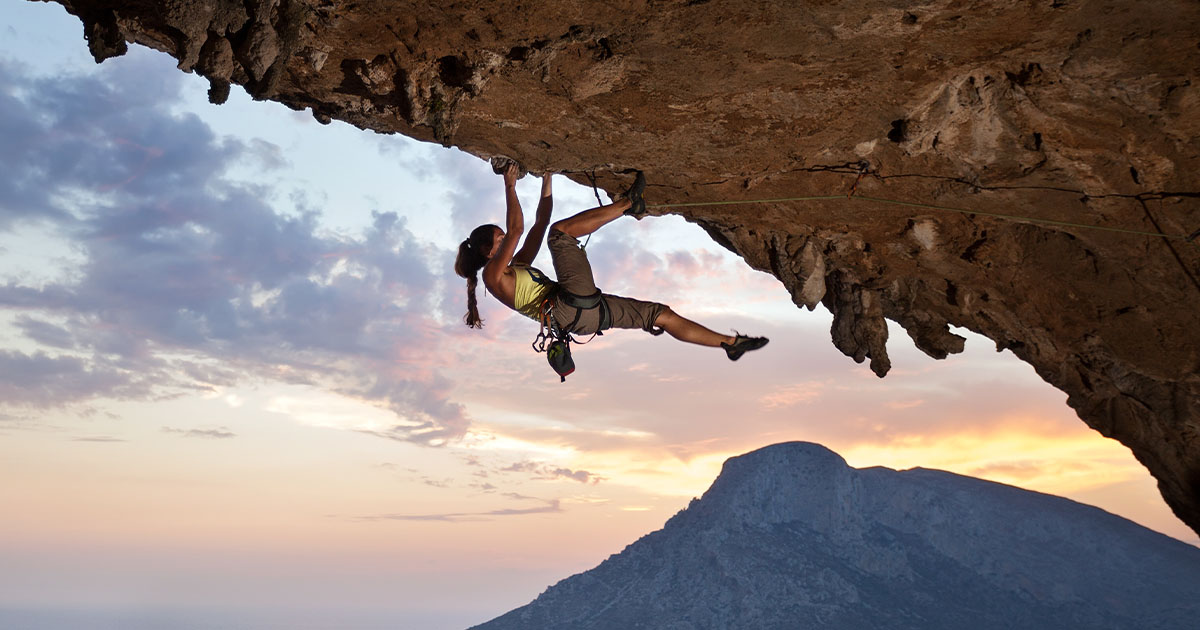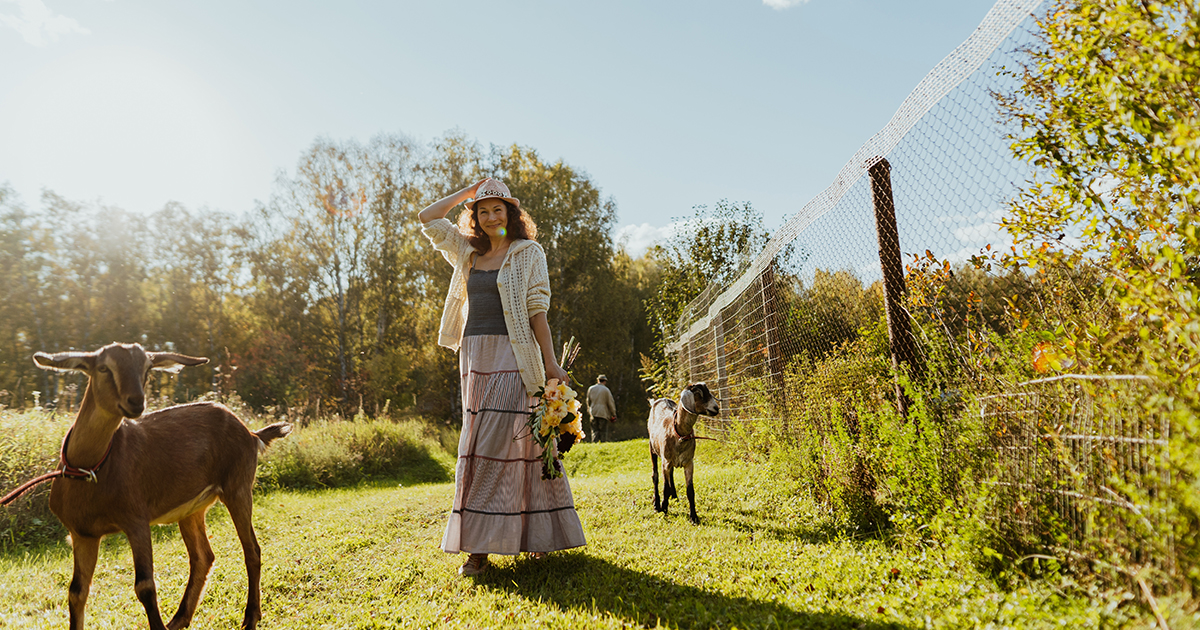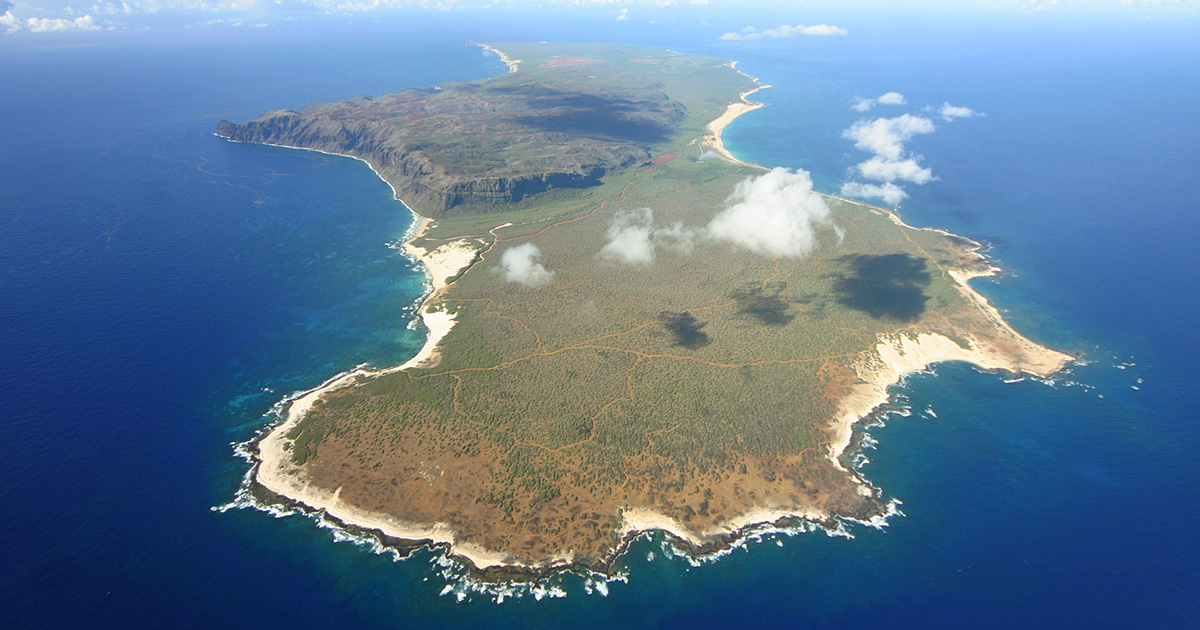When Frostbite Becomes a Personality Trait
Winter is one thing. Surviving it in these cities is another. From frozen lakes to biting winds that could humble an Arctic explorer, these places don’t just get cold—they live cold. Here’s a definitive ranking of the 20 frostiest US cities, starting with the least miserable of the bunch and ending with the absolute Arctic kingpin.
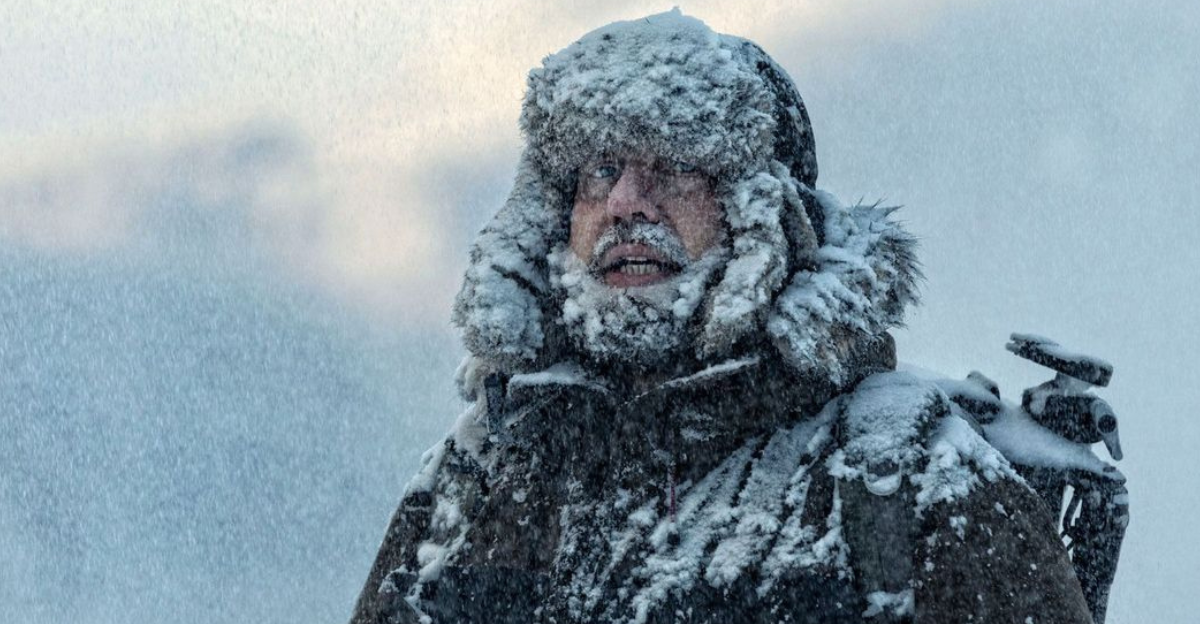 20. Boston, Massachusetts
20. Boston, Massachusetts
Bostonians are tough. They have to be, because winter in Beantown isn’t just a season—it’s a siege. Ocean winds off the Atlantic turn every stroll down Boylston Street into a battle for facial sensation. Snowstorms regularly blanket the city, and those famous “nor’easters” make sure your shovel gets a proper workout.
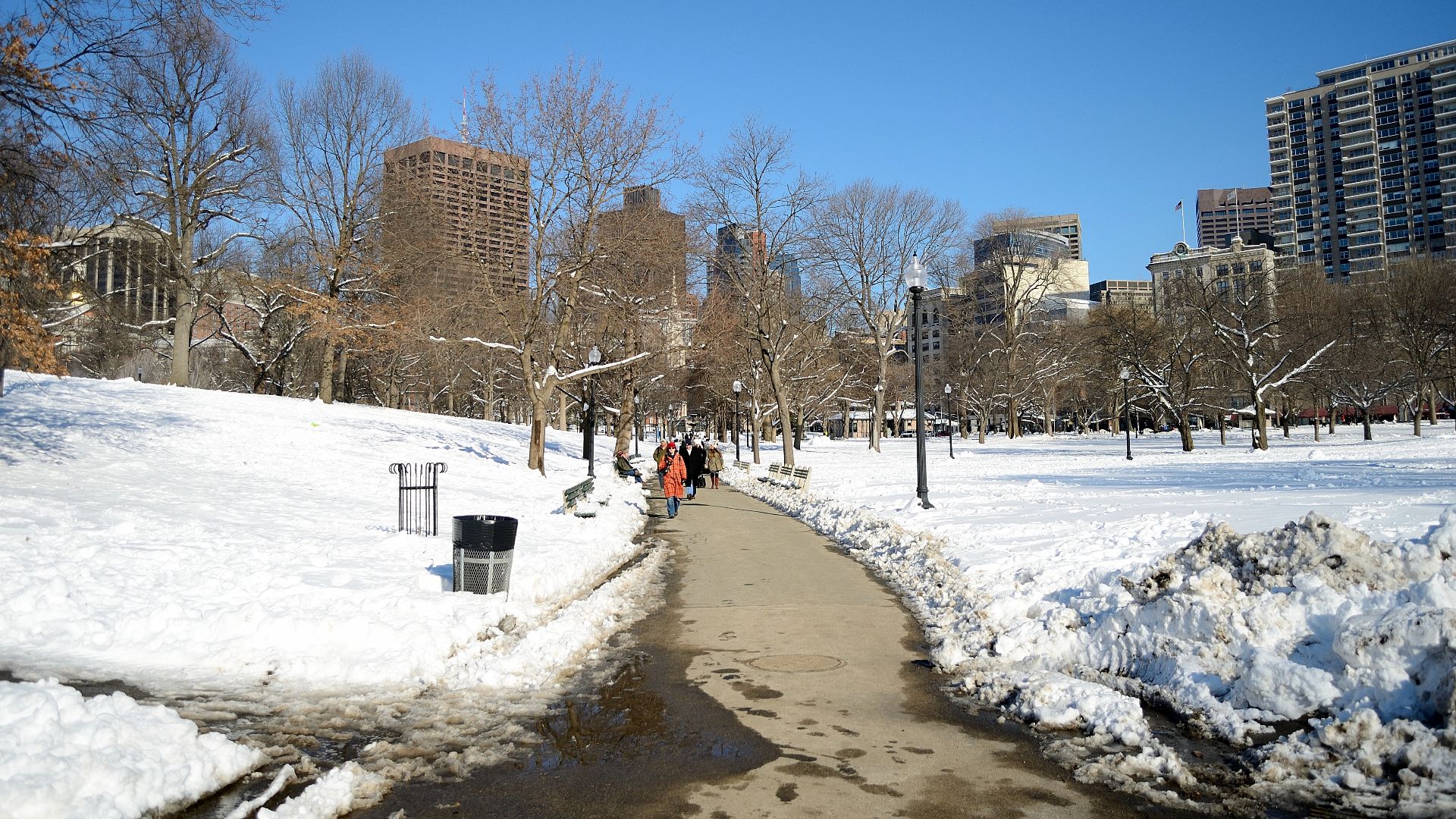 Benoît Prieur, Wikimedia Commons
Benoît Prieur, Wikimedia Commons
19. Kansas City, Missouri
Kansas City may be known for its BBQ, but when winter rolls in, even the brisket shivers. With cold air funneling in from the Great Plains and the occasional icy blast from Canada, temperatures dip lower than the Chiefs’ chances in a rebuilding year. The city’s open plains mean the wind never has the decency to stop—it just keeps blowing.
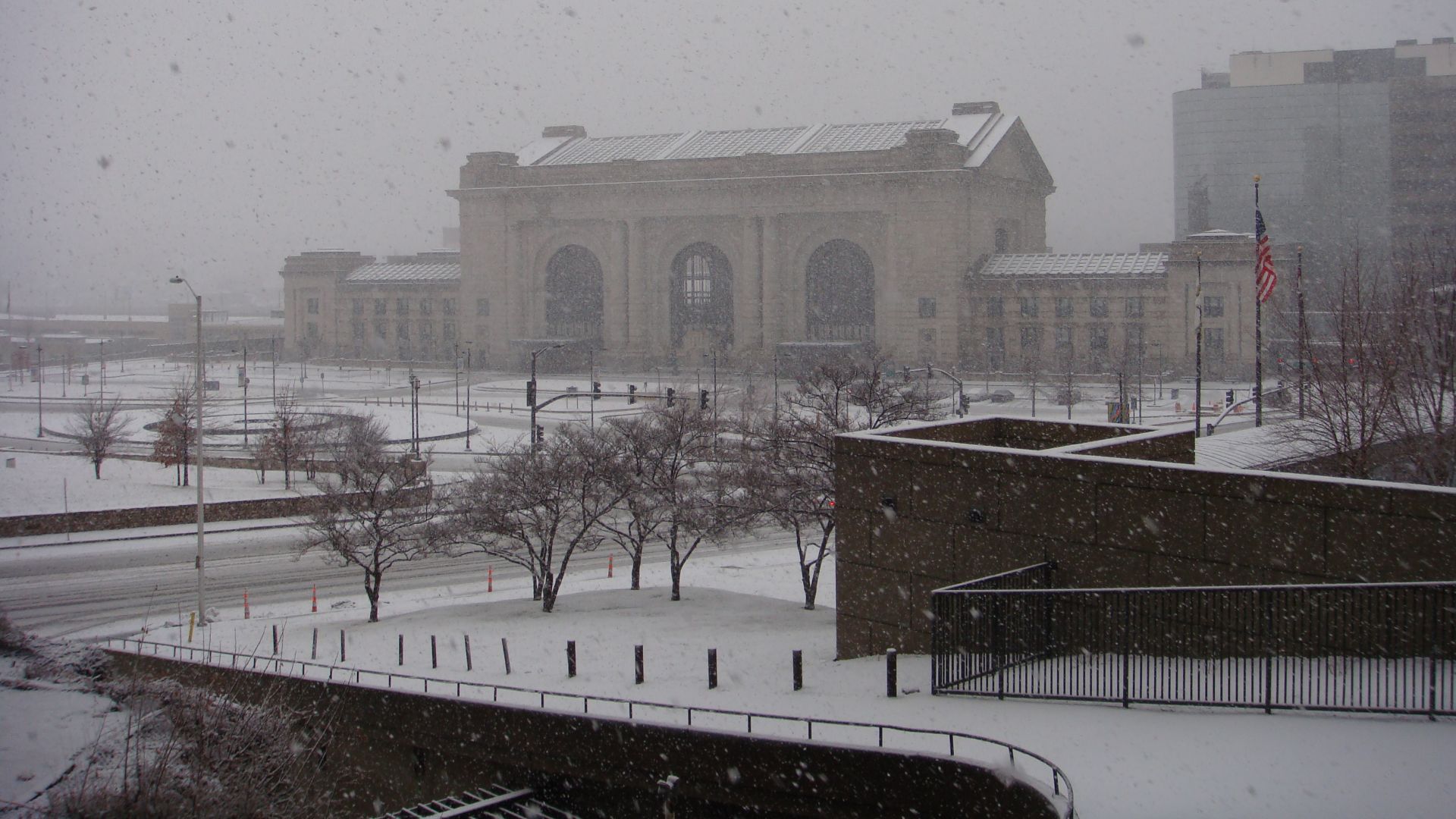 Sirradiodude, Wikimedia Commons
Sirradiodude, Wikimedia Commons
18. Denver, Colorado
At a mile high, you’d think Denver might get some leniency from Mother Nature. Nope. When Arctic air drops into the Rockies, the temperature can plummet 50 degrees overnight. The snow is dry, the sun is deceptively bright, and locals casually go skiing before work. It’s the kind of place where frostbite and fitness go hand-in-hand.
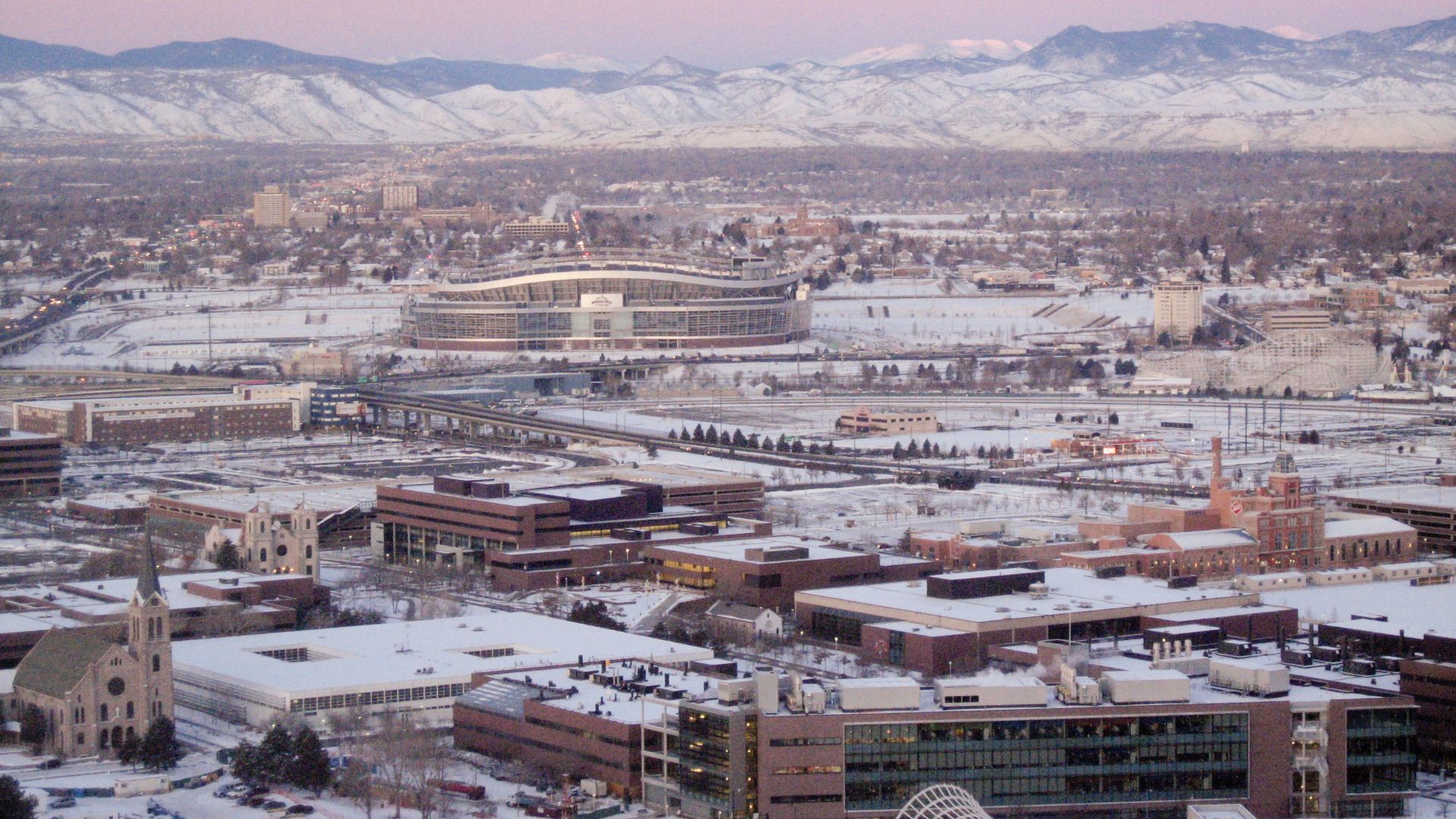 Nicholas Hartmann, Wikimedia Commons
Nicholas Hartmann, Wikimedia Commons
17. Pittsburgh, Pennsylvania
The Steel City becomes the Ice City once winter hits. Cold air from the Great Lakes slides down the Allegheny Mountains, trapping Pittsburgh in a snow-globe effect. Add the city’s endless hills, and you’ve got a landscape that dares cars to stay upright. The bridges freeze, the rivers freeze, and you might even consider freezing yourself just to fit in.
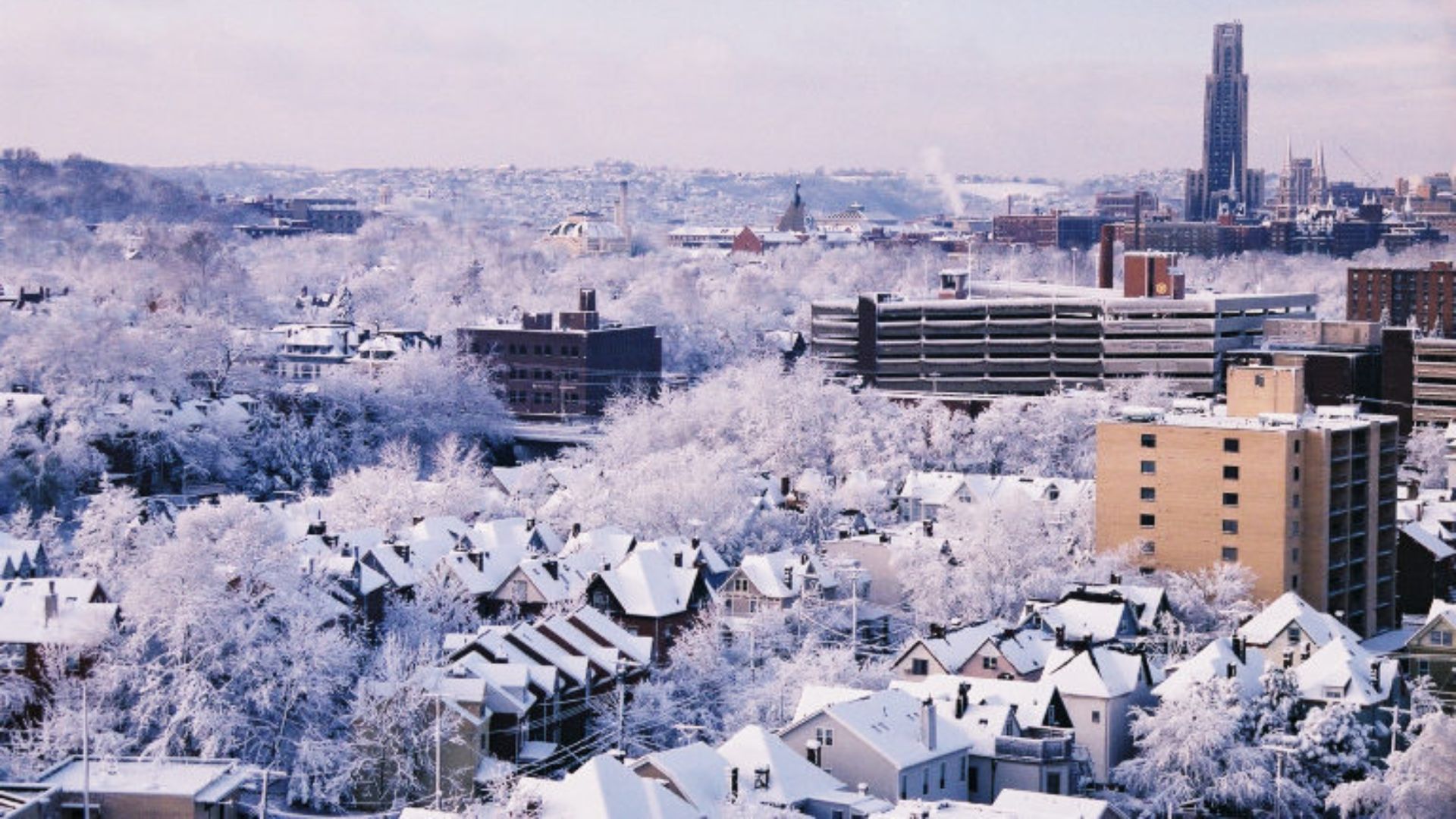 https://www.flickr.com/photos/navin75/, Wikimedia Commons
https://www.flickr.com/photos/navin75/, Wikimedia Commons
16. Colorado Springs, Colorado
Colorado Springs sits higher than Denver—and that altitude makes for thin air and bone-deep chills. Clear skies mean daytime warmth but plummeting nighttime temperatures. Locals swear the air gets so dry and cold, your chapstick freezes before your lips do. Yet somehow, the view of snow-dusted Pikes Peak almost makes it worth it.
 Barry Stevenson, Wikimedia Commons
Barry Stevenson, Wikimedia Commons
15. Indianapolis, Indiana
Smack dab in the Midwest, Indianapolis gets the worst of everything—polar air from the north, storms from the west, and lake-effect chill from the Great Lakes. Snow isn’t constant, but cold is. The flat landscape does little to block those wind gusts, making downtown Indy feel like nature’s wind tunnel.
14. Cleveland, Ohio
Cleveland winters are basically sponsored by Lake Erie. The “lake effect” means tons of snow and damp cold that seeps right through your coat. Locals are born with built-in snow shovels (metaphorically speaking) and a sense of humor to survive February. The city’s motto could honestly be “At least it’s not Buffalo”.
13. Akron, Ohio
It’s not just the tires that freeze here. Akron’s proximity to Lake Erie and the hills of northeastern Ohio make it a magnet for gray skies and frigid air. It’s one of those cities where the sun takes a five-month vacation. On the bright side—well, there isn’t one until April.
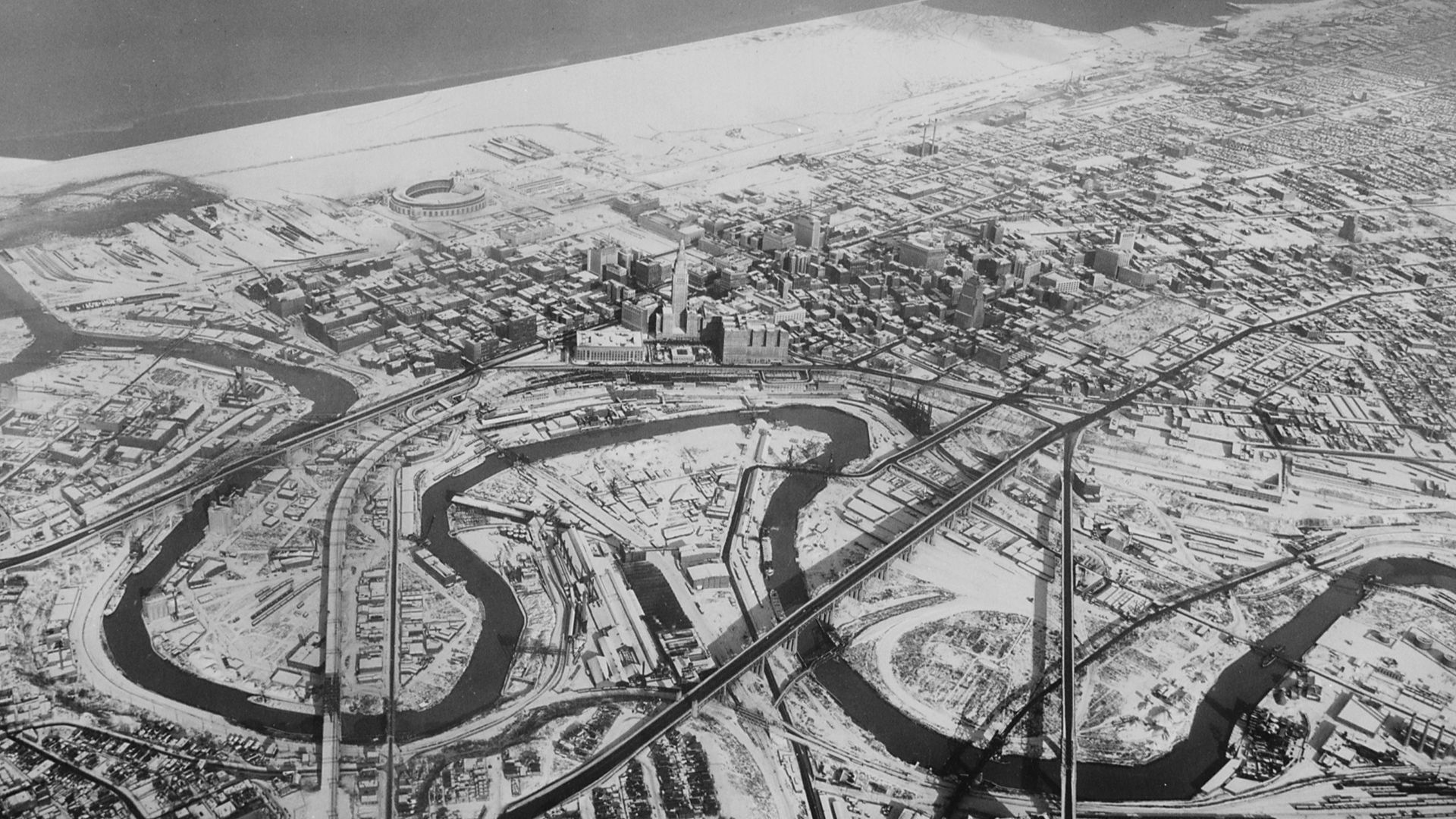 Unknown authorUnknown author or not provided, Wikimedia Commons
Unknown authorUnknown author or not provided, Wikimedia Commons
12. Detroit, Michigan
Detroit doesn’t just build tough cars—it builds tough people. Winters here can last five months, and lake-effect snow from Lake Huron makes sure everyone gets their fill of whiteouts. The wind whips down from Canada, and the cold lingers long enough to make you forget summer ever existed.
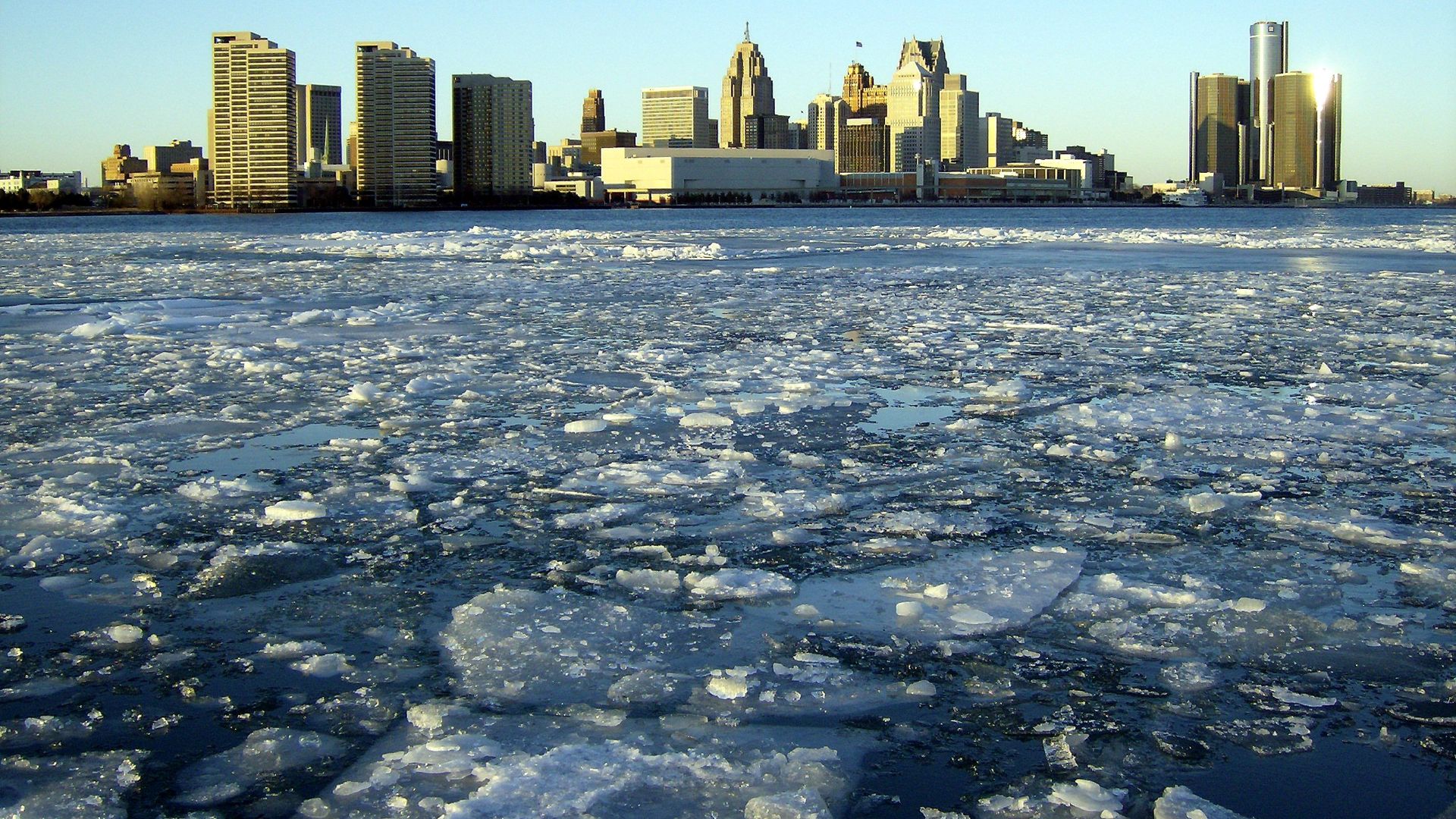 Mikerussell, Wikimedia Commons
Mikerussell, Wikimedia Commons
11. Toledo, Ohio
Ohio’s cold trifecta continues in Toledo, where Lake Erie once again flexes its icy influence. It’s not just the snow; it’s the air. The kind that makes your nose hairs freeze before you can say “Go Rockets”. But Toledoans are pros—they know when to hunker down and when to break out the sleds.
10. Fort Wayne, Indiana
Fort Wayne sits right in the path of cold air sweeping east from the Great Plains and north from Canada. Snow piles up quickly, temperatures drop sharply, and the wind bites like an angry terrier. When the mercury dips below zero, locals don’t cancel plans—they just layer up and call it Tuesday.
9. Buffalo, New York
Ah yes, Buffalo—the city where winter means “roof collapse season”. Lake Erie’s warm moisture meets frigid air, dumping absurd amounts of snow. Snowstorms here are so legendary they make national headlines. In Buffalo, measuring snow in inches is amateur hour—they count it in feet.
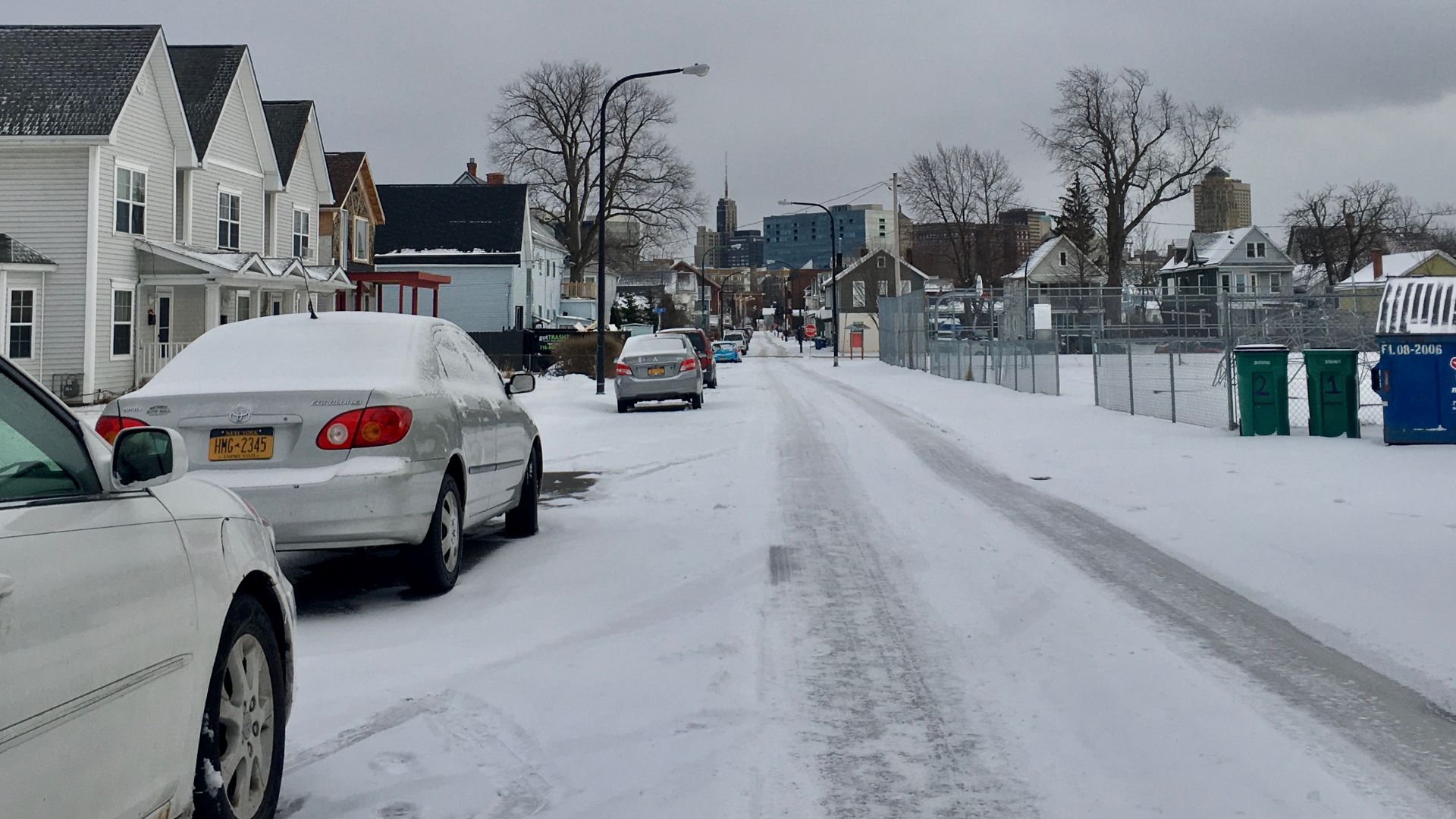 Andre Carrotflower, Wikimedia Commons
Andre Carrotflower, Wikimedia Commons
8. Rochester, New York
Just up the road from Buffalo, Rochester takes the silver medal in the Lake Ontario snow Olympics. The lake effect here turns a cloudy day into a full-blown blizzard in minutes. Locals are used to scraping ice off everything—including their eyelashes.
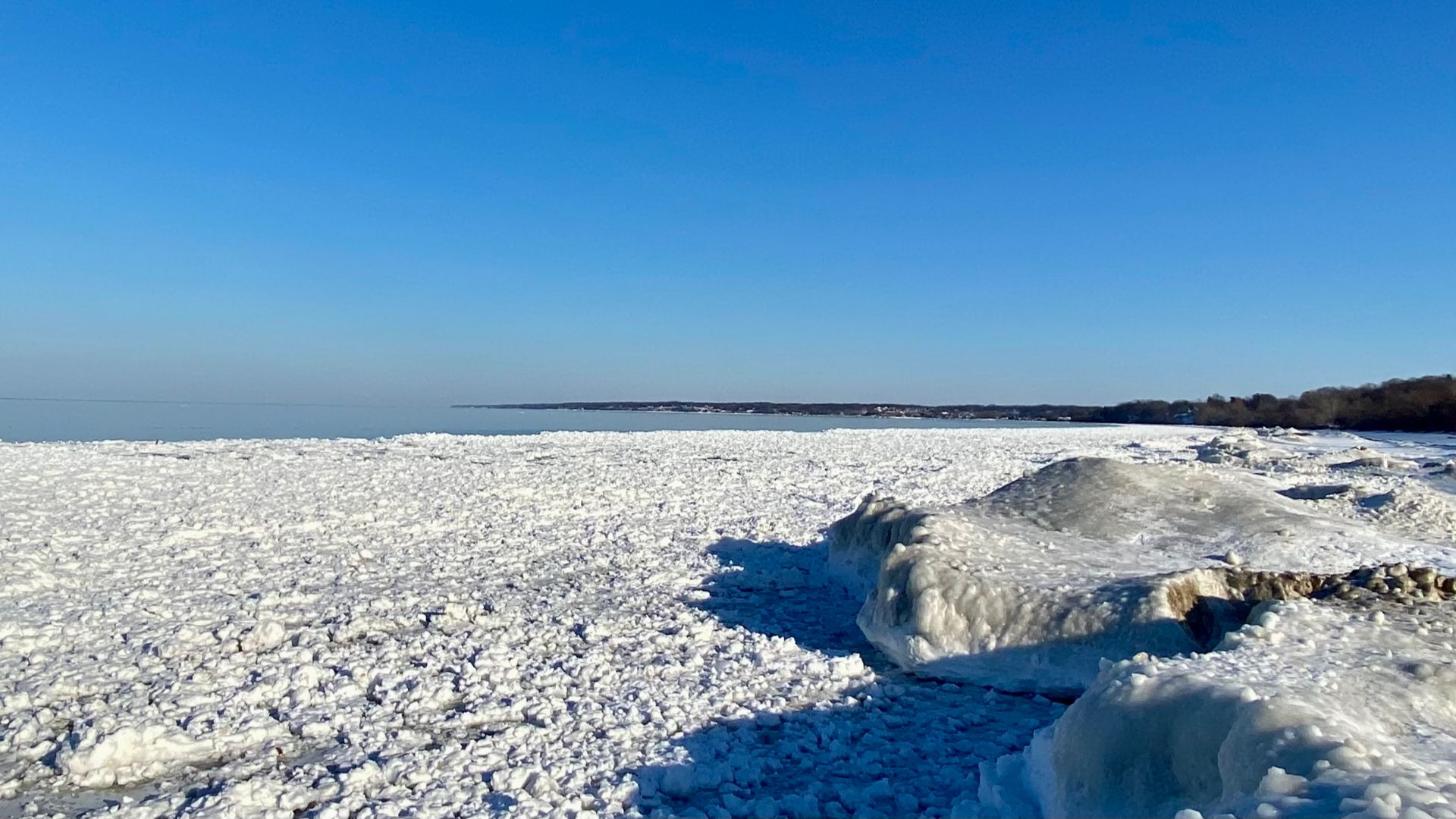 Andre Carrotflower, Wikimedia Commons
Andre Carrotflower, Wikimedia Commons
7. Lincoln, Nebraska
Lincoln might not get as much snow as the Great Lakes cities, but it makes up for it with pure, biting cold. The flat Nebraska plains offer no shelter from Arctic winds, so the chill just blows unchallenged across the landscape. The result? Temperatures that make your steering wheel feel like a weapon.
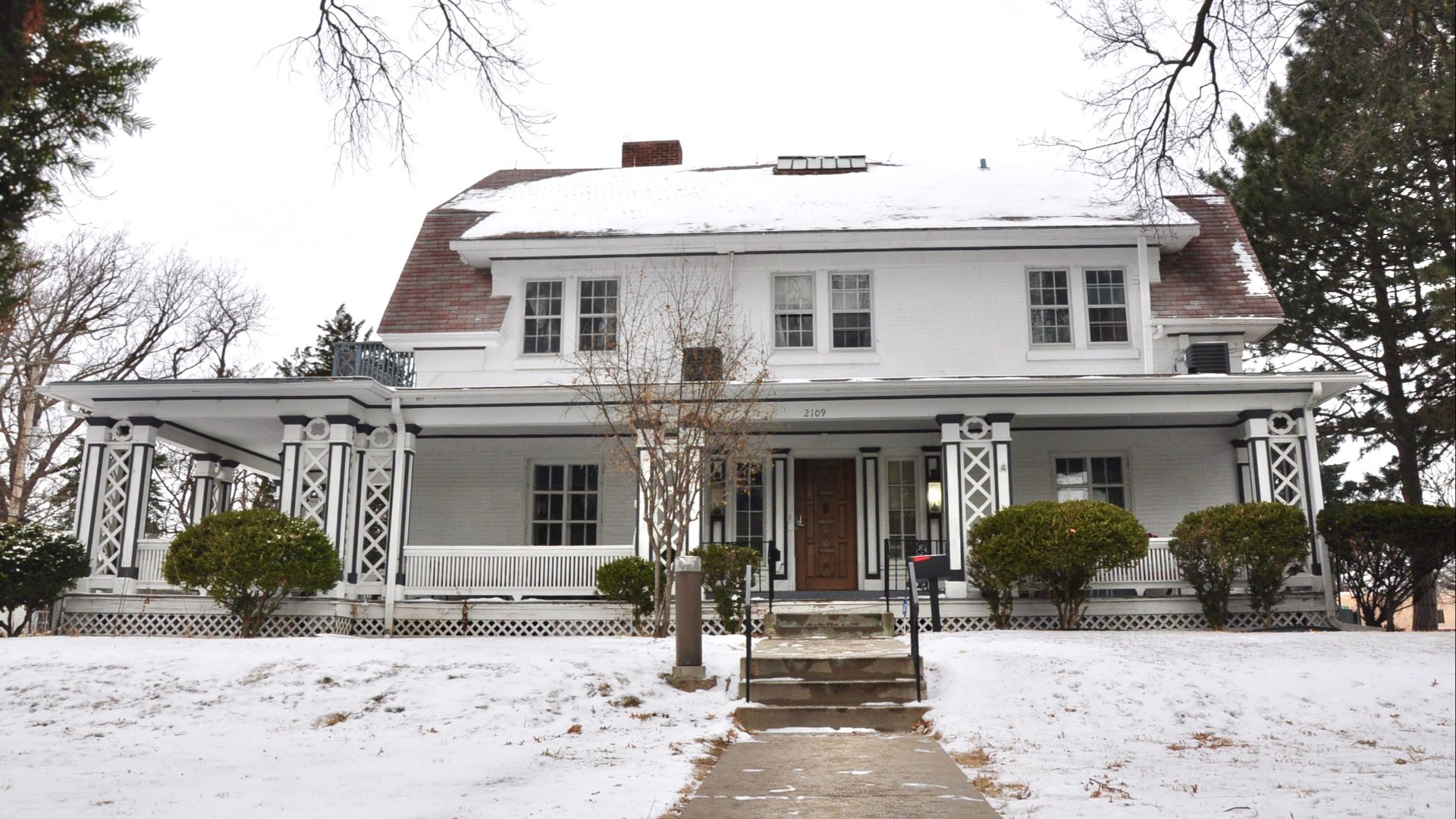 SharonPapierdreams, Wikimedia Commons
SharonPapierdreams, Wikimedia Commons
6. Chicago, Illinois
There’s cold, and then there’s Chicago cold. Wind whipping off Lake Michigan transforms sidewalks into skating rinks and commuters into penguins. The Windy City earns its name every winter, as gusts funnel through skyscraper canyons with malicious intent. If you’ve ever waited for the ‘L’ in January, you’ve earned a medal of honor.
5. Omaha, Nebraska
Omaha’s winters are an unpredictable mix of snowstorms, ice, and frigid blasts from the north. The open plains let Arctic air roll in like it owns the place. When the wind chill drops below -20, it’s not uncommon to see locals shrug and mutter, “At least it’s not Minneapolis”.
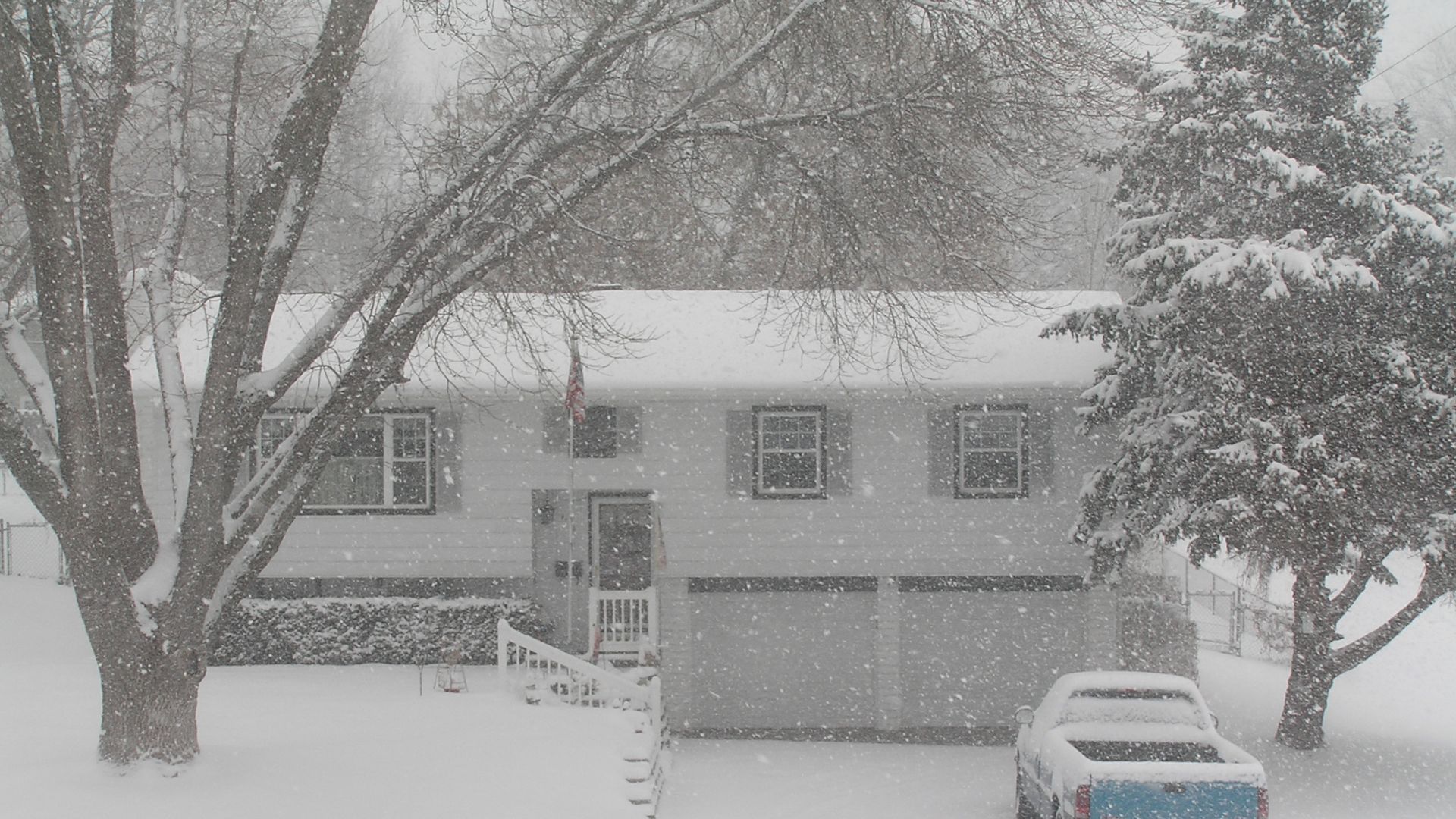 Roman Eugeniusz, Wikimedia Commons
Roman Eugeniusz, Wikimedia Commons
4. Milwaukee, Wisconsin
Milwaukee gets hit from both sides—lake-effect chill from Lake Michigan and Arctic fronts sweeping in from the northwest. The cold here feels personal, as if the air itself has a grudge. Yet somehow, Wisconsinites still manage to tailgate at Lambeau Field in negative temps. Resilient? Maybe. Frozen? Definitely.
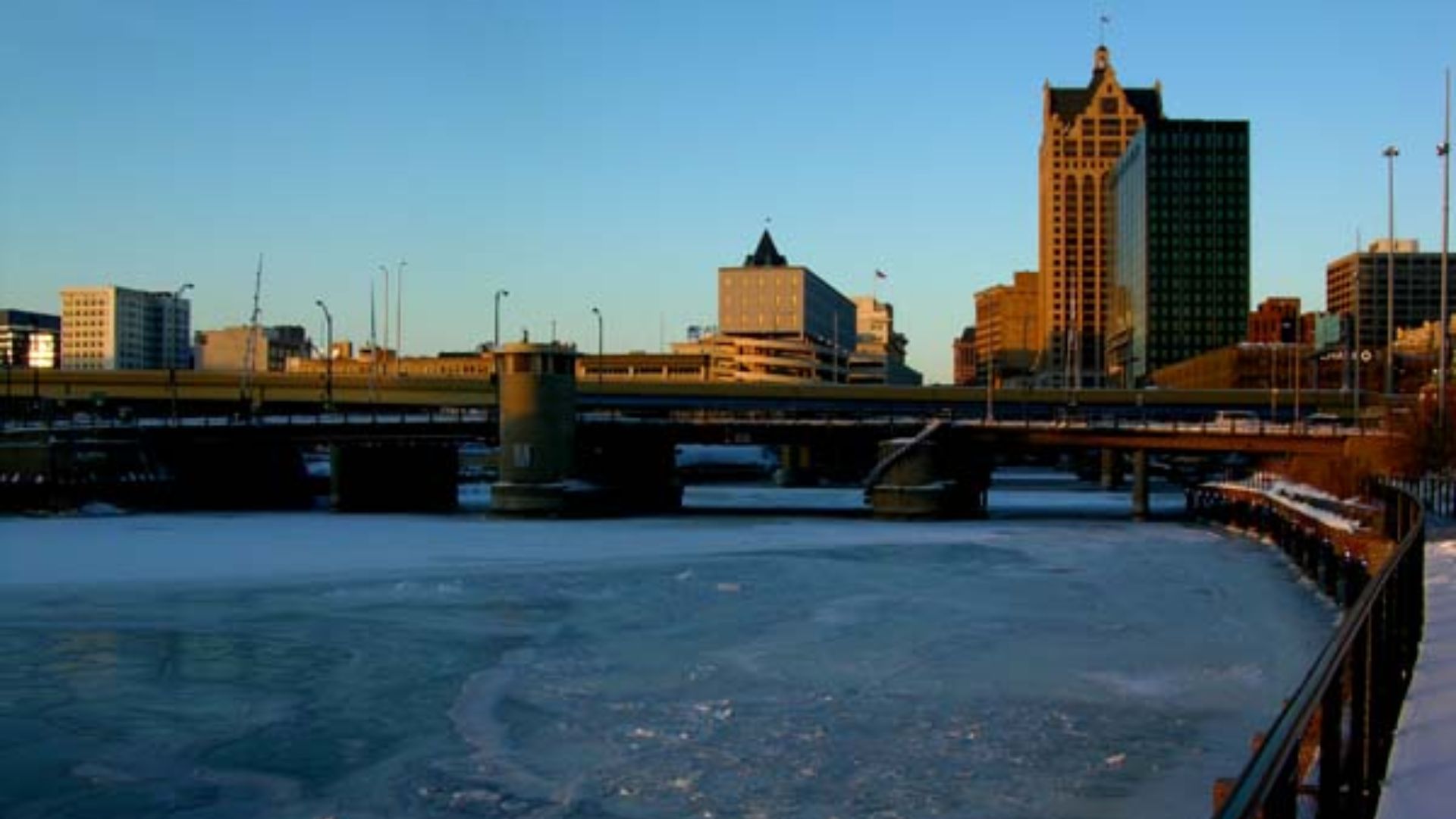 Patriarca12, Wikimedia Commons
Patriarca12, Wikimedia Commons
3. Madison, Wisconsin
Wisconsin’s capital city is basically a frozen postcard for half the year. Sitting between two lakes, Madison traps cold air like a natural freezer. The result: bone-numbing temperatures, icy winds, and snow that overstays its welcome. Locals don’t ask “if” it’ll snow—they ask “how bad this time?”
2. Anchorage, Alaska
Anchorage has one job—to remind the Lower 48 what real cold feels like. With limited daylight, Arctic air intrusions, and mountains that trap frigid air, winter temperatures can stay below freezing for months. Still, Alaskans handle it with quiet pride—and a snow shovel the size of a canoe paddle.
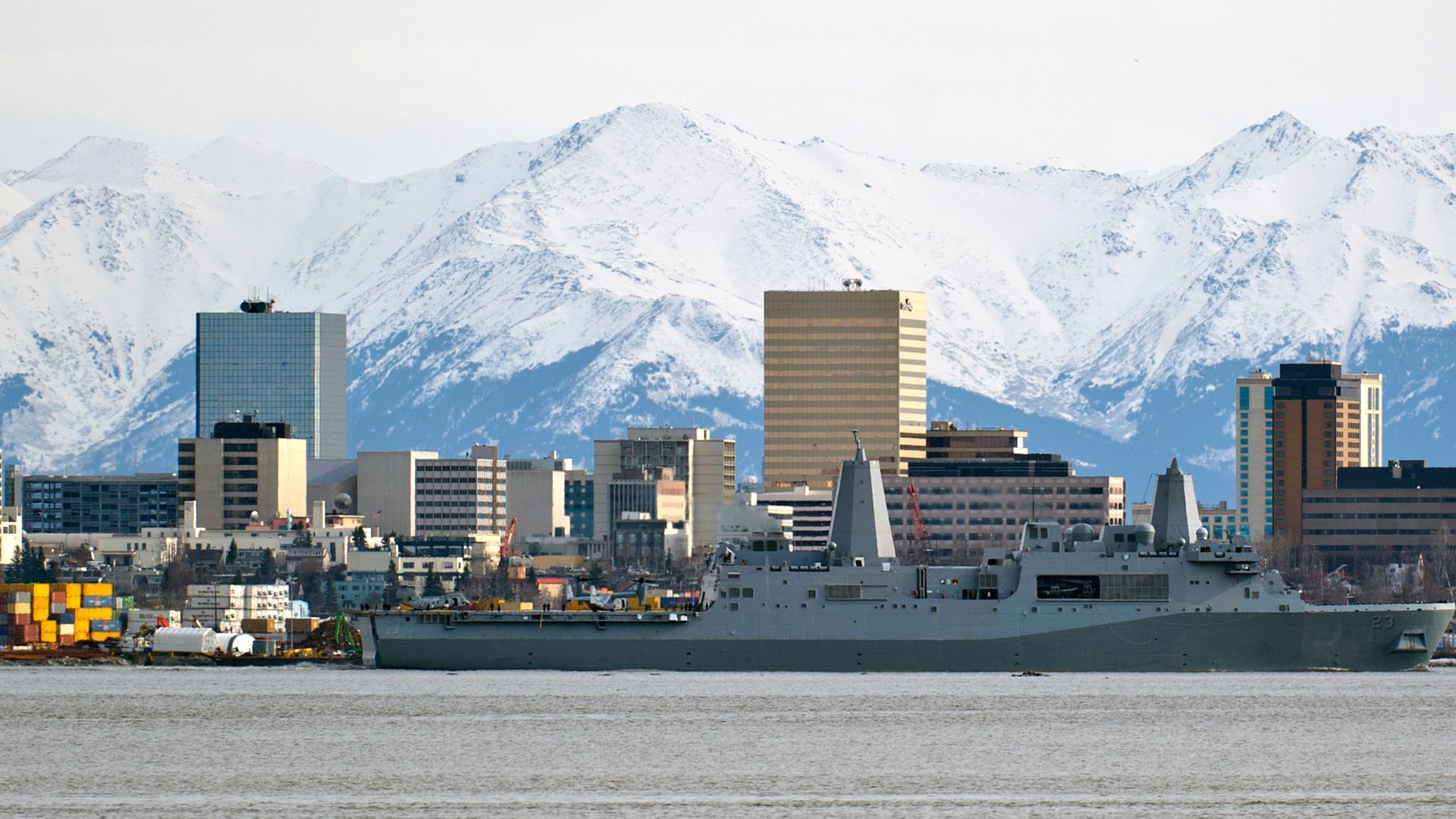 Jack Connaher, Wikimedia Commons
Jack Connaher, Wikimedia Commons
1. Minneapolis–St. Paul, Minnesota
Here we are—the undisputed champion of chill. The Twin Cities experience everything from subzero wind chills to week-long freezes that make even polar bears second-guess their life choices. The cold isn’t just weather here—it’s culture. Minnesotans don’t escape it; they embrace it, skiing, skating, and snowblowing their way through winter’s worst.
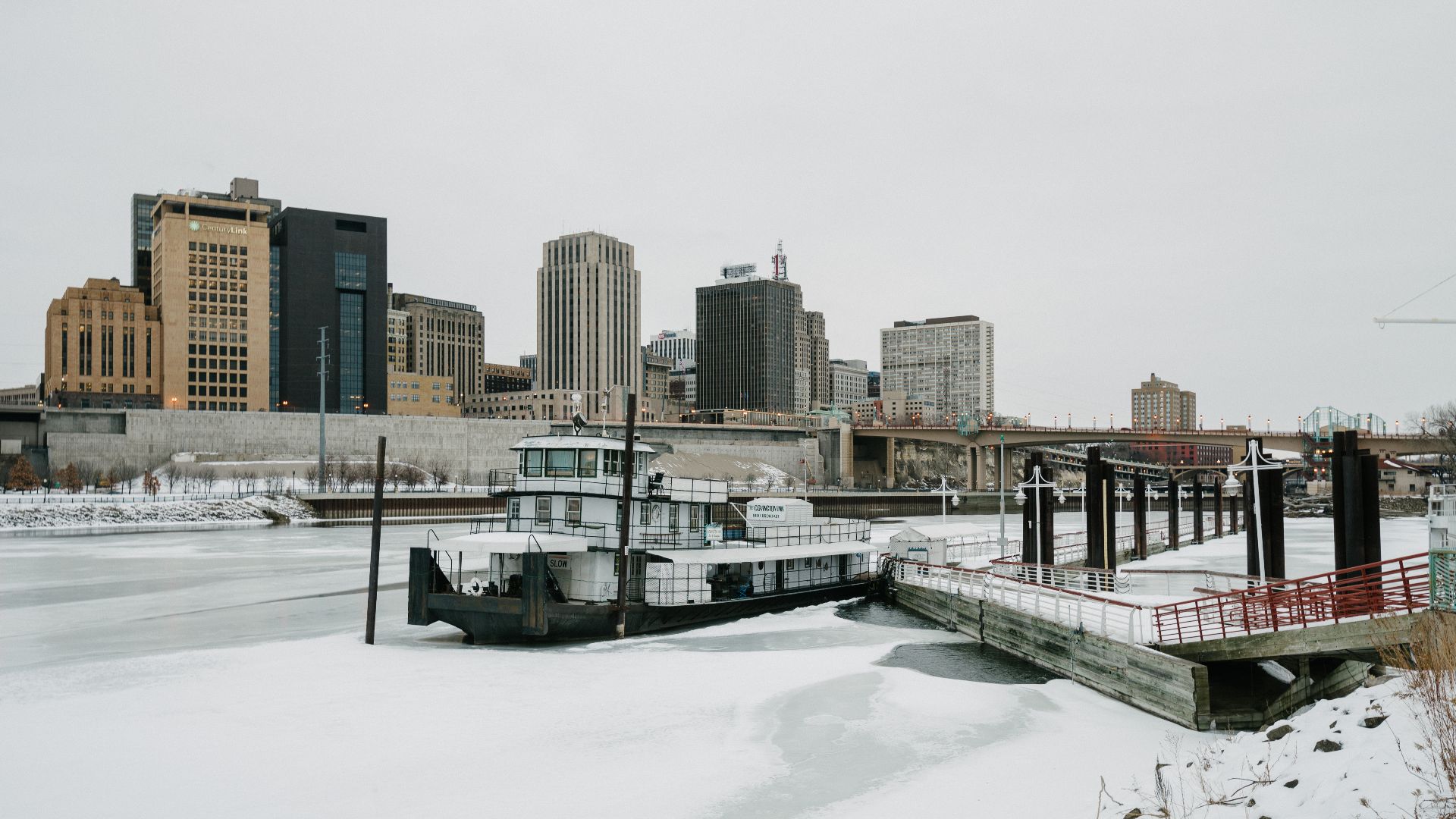 Tony Webster from Minneapolis, Minnesota, United States, Wikimedia Commons
Tony Webster from Minneapolis, Minnesota, United States, Wikimedia Commons
Why These Cities Are So Brutally Cold
What do all these places have in common? Geography. Most sit far from the moderating warmth of oceans, right in the path of Arctic air masses that sweep down from Canada. Many are near the Great Lakes, which both chill the air and feed it moisture for constant snow. And for high-altitude cities like Denver and Colorado Springs, thinner air means faster heat loss once the sun dips below the horizon.
You May Also Like:
The 30 Dirtiest Cities In America—Ranked According To Data
The Countries With The Spiciest Food—Ranked, According To Professional Chefs
Ranking The Countries With The Most UNESCO Sites—According To Records


